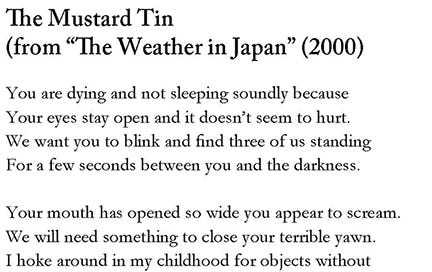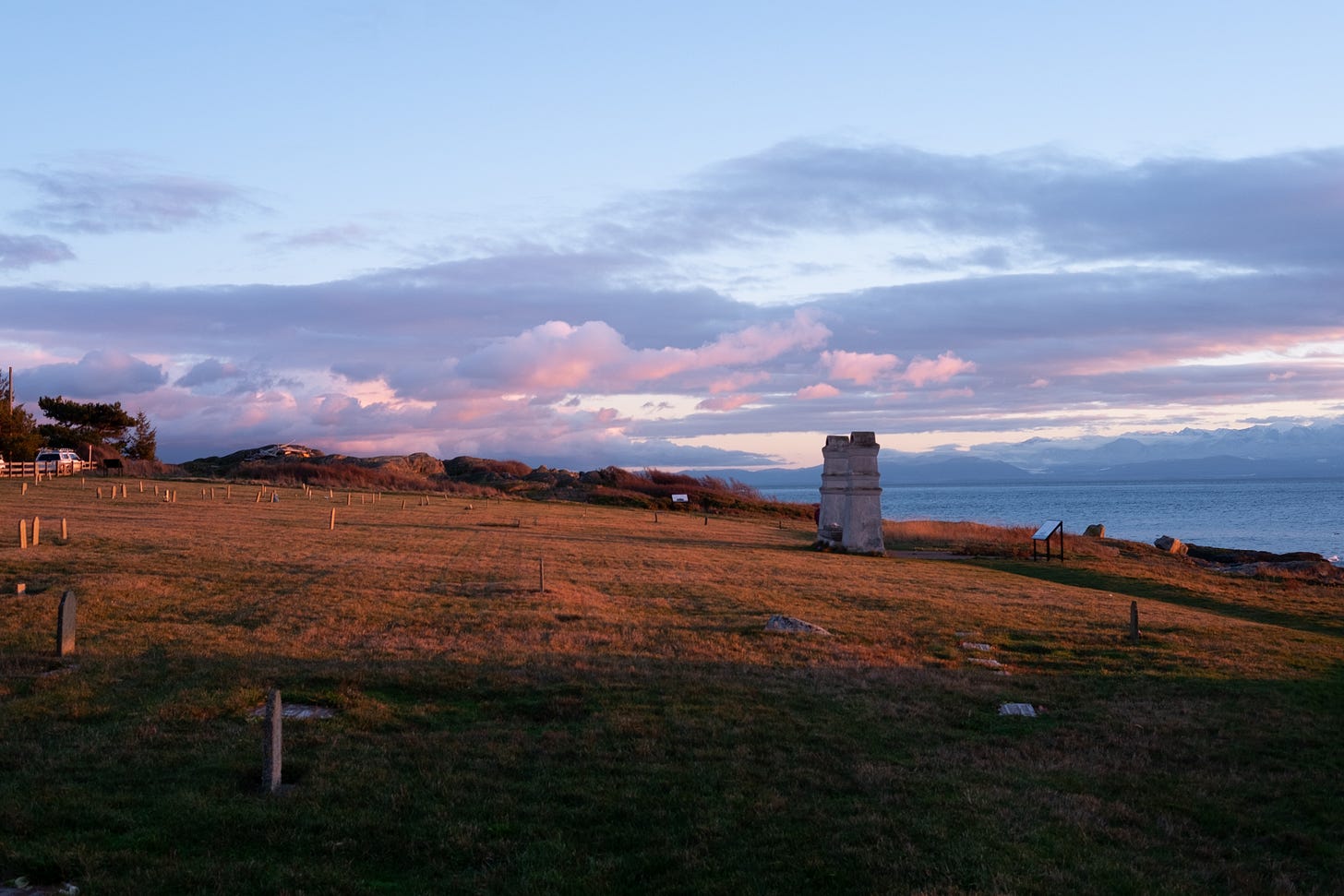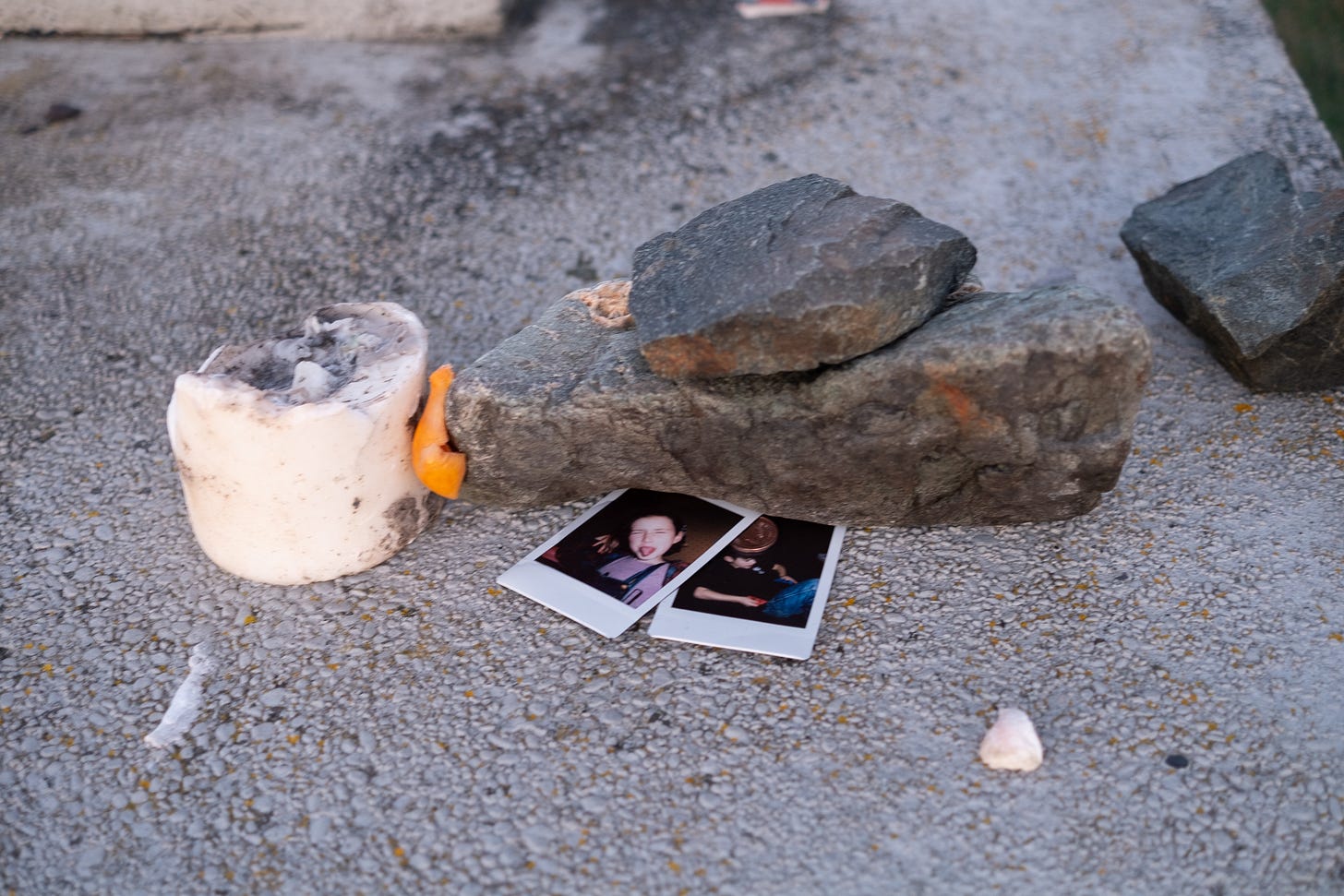A very tardy round 3 response
Mike and I have been very careful about quoting from the poems we are working with, to respect the rights of the authors and publishers. But some readers have reached out to say they find it difficult to follow my explanations without the full text of the poem to reference. So I’m going to err and ask forgiveness later (if called upon) and share an image containing the text of my round 3 poem by Michael Longley:
This poem captures the unease and awkwardness of holding a vigil for a loved one as they die. Many of us have been in this position one or several times. The first stanza captures what we hope for - that our presence is a comfort to the loved one as they pass from life to death. It also captures the vigil holders’ uncertainty. They sit so the person whose life has been integral to their own is not alone at their moment of passing but are uncertain if that is possible.
The second stanza captures the expression of our unease as we hold vigil. The loved one does not look comfortable; in vigils that I’ve held the truth is that the loved one (whether eyes are closed or open) is beyond caring about comfort or how they look at this penultimate moment. In the final few hours of my mother’s life, as she lay in her hospital bed barely conscious, her throat filled with secretions that she was unable to swallow or clear. My father was desperate for some relief of this discomfort that my mother was already beyond feeling; he asked a nurse to please suction my mother’s throat one more time. In his poem, Longley shows us a similar scenario playing out: the loved one is unable to close her/his mouth which makes the vigil holders uncomfortable. The narrator thinks of a most unlikely remedy, using a mustard tin from childhood to prop the mouth closed. It’s difficult to imagine how this would work, which I think is the writer’s way of speaking to the futility of what we often think of doing to bring comfort. I think we do these things at this late hour to hold off our greatest unspoken, unthinkable fear: not the loss of this person in our lives but our own impending death.
We speak when we have no sense of what to say, as captured in the final stanza. Perhaps some of us wish to say nothing, or not to spill tears but one can feel the pressure of expectations, the exhortation to “let it all out”. One daughter and then the other daughter follow the script. The narrator focuses on the utter futility of speaking, of crying, or using a non-existent mustard tin to prop closed an open mouth.
My list of words
maw, prop, echo, copse, vigil, veil, rictus, platitude, hoke, talisman, endings, regrets, sorrow, illusion, triviality, despair, cliché







